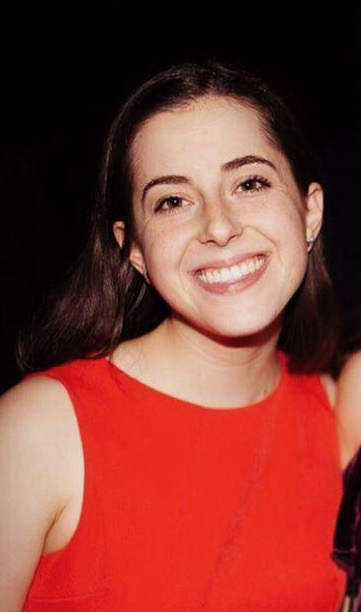Category: Workforce Development / Training / Supervision
Symposium 107 - Improving training to promote a more impactful and diverse profession
Level of Familiarity: Basic to Moderate
Recommended Readings: Callahan, J. L., Smotherman, J. M., Dziurzynski, K. E., Love, P. K., Kilmer, E. D., Niemann, Y. F., & Ruggero, C. J. (2018). Diversity in the professional psychology training-to-workforce pipeline: Results from doctoral psychology student population data. Training and Education in Professional Psychology, 12(4), 273., Berenbaum, H., Washburn, J. J., Sbarra, D., Reardon, K. W., Schuler, T., Teachman, B. A., ... & Lee, S. S. (2021). Accelerating the rate of progress in reducing mental health burdens: Recommendations for training the next generation of clinical psychologists. Clinical Psychology: Science and Practice, 28(2), 107., Gruber, J., Borelli, J. L., Prinstein, M. J., Clark, L. A., Davila, J., Gee, D. G., ... & Weinstock, L. M. (2020). Best practices in research mentoring in clinical science. Journal of abnormal psychology, 129(1), 70., ,
-
AM
Allison Meyer, PhD
University of Colorado School of Medicine
Aurora, Colorado -
BT
Bethany Teachman, Ph.D. (she/her/hers)
University of Virginia
Charlottesvle, Virginia -
AM
Allison Meyer, PhD
University of Colorado School of Medicine
Aurora, Colorado -

Melissa Dreier, B.A. (she/her/hers)
PhD Student
Rutgers University
Piscatway, New Jersey -
AG
Ali Giusto, Ph.D. (she/her/hers)
New York State Psychiatric Institute/Columbia University Medical Center
Delray Beach, Florida -
JY
Julia Yarrington, M.A. (she/her/hers)
PhD candidate
University of California Los Angeles
Los Angeles, California
Chair(s)
Discussant(s)
Presenter(s)
The CAAPS (Coalition for the Advancement & Application of Psychological Science) Scientific Quality committee convened in 2021 to improve practices within clinical science, which includes improving the training of the next generation of clinical scientists in order to have an impact on reducing the global burden of mental illness. Primary goals of the committee included identifying ways to increase the diversity of our field and to generate strategies to better meet the needs of diverse communities.
The diversity of clinical scientists simply does not reflect the increasing racial, ethnic, and gender diversity of our nation. The first two presentations address innovative strategies to reduce barriers to entering clinical psychology graduate programs First, we will describe results from a survey of directors of clinical training to understand recent changes to admissions requirements to address equity issues. Next, we present a scalable mentoring approach that demystifies the ‘hidden curriculum’ of experience and skills needed to apply for clinical psychology PhD programs.
The second two presentations will address gaps in current clinical science training. Understanding these gaps allows for creative solutions to better prepare trainees to conduct impactful science. We will present a needs assessment for training needs in doctoral programs, which probed training content, quality, and needs during clinical science doctoral programs among current or past doctoral students. In our fourth presentation, we will discuss the role and value of community-engaged research. Finally, Dr. Bethany Teachman will serve as discussant for this symposium.
As a whole, this symposium will present innovative approaches to increasing the diversity of clinical science by decreasing barriers to entry and innovating on training graduate students receive with the ultimate goal of increasing the impact of our science.
Learning Objectives:
- Describe two logistical or financial barriers to entry to clinical psychology graduate programs.
- Describe one way that the current graduate training models may not meet the needs of diverse trainees.
- Define community engaged research and know where to access resources to support community engaged research.
- Increase understanding of innovative ways to support trainees in a pursuing a wide array of career paths.
- Identify strategies to decrease barriers to entry and successful completion of training in clinical psychology.

